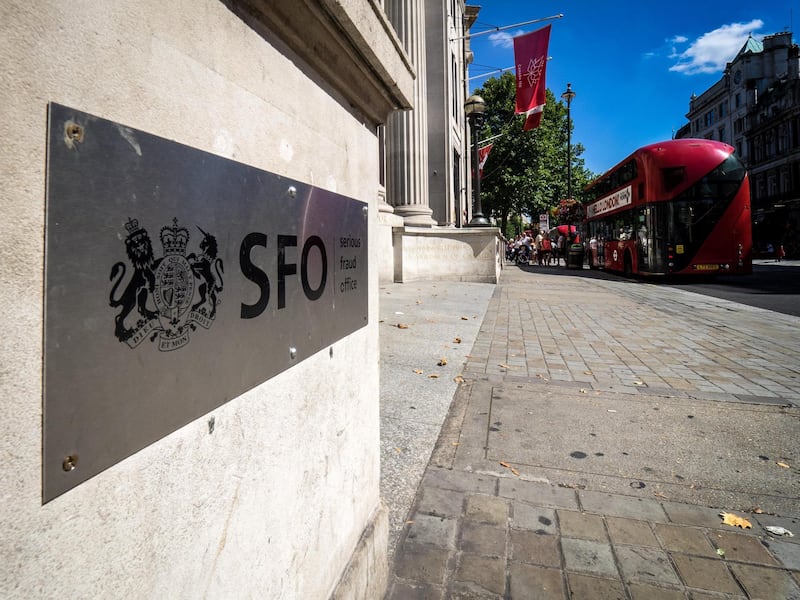British investigators have seized £248,000 ($351,168) from the architect of an international metal trading scam who was jailed for duping banks out of hundred of millions of dollars.
Indian Virendra Rastogi, his three brothers and two other directors ran the scam from the UK, US, Dubai and Singapore, costing banks around the world $700 million before it collapsed in 2002.
The money seized from an account linked to Rastogi is the first that authorities have secured from the fraudster since he was jailed in 2008 and represents a tiny fraction of what he owes. A British court more than a decade ago ordered him to pay back $360m but he refused and was declared bankrupt.
Rastogi’s business RBG Resources relied on trickery to persuade banks to supply a steady stream of credit while fake documents suggested that major deals buying and selling metals such as tin, cobalt and zinc were in the pipeline. He employed genuine metal traders and British parliamentarians to give a veneer of respectability to the operation.
Rastogi and the other two directors, Anand Jain and Gautam Majumdar, were found guilty of fraud in 2008 and given sentences of up to nine-and-a-half years in prison.
The trial judge said that they were involved in years of calculated dishonesty but “had shown no shadow of regret or remorse or repentance.”
Rastogi’s brother Narendra, who ran the New York office, served seven years in the US and gave evidence against his brother as part of a plea deal. The other brother, Ravindra, was deported to India from Dubai on tax charges.
Now out of prison, Rastogi remains a target for law enforcement as they seek to claw back money from the Ponzi scheme.
Operating from plush offices in London’s Piccadilly, Rastogi and his fellow directors invented customers to make their operation seem much larger to secure financing from banks.
The scheme relied on a network of some 300 fake customers, supposedly based in the US, Hong Kong, Singapore, Dubai, India, France and Italy, involved in fictional trades from 1996 to 2002.
The fraud was so successful that Virendra Rastogi once appeared in The Sunday Times Rich List of the wealthiest people in the UK, with a net fortune of more than $200m.
But the scam crumbled after paperwork requested by Rastogi was accidentally faxed to the company’s auditors. The auditor resigned and the whole scam unravelled.
Investigators found that one so-called customer’s address in India was actually a cow shed. Another address was for a launderette in the US state of New Jersey.
It also listed among its assets a warehouse in the UAE that was supposed to contain "millions of dollars of inventory". Neither the inventory or warehouse existed.
When officials raided his London office, they found Rastogi shredding documents in an attempt to cover his tracks.
The money seized will be returned to the UK Treasury but is substantially less than the public funds he received to pay for his legal fees after being declared bankrupt.
Emma Luxton, a senior official at the Serious Fraud Office, said: “This case shows that the SFO will use every tool available to us to seek out and seize dirty money held on these shores and return it to victims or the UK taxpayer.
“Though a fraction of the sum defrauded from banks, this forfeiture provides a sizeable amount of money to the public purse to be put towards good causes.”
Investigators believe most of the money is outside of the UK and was sent to India, where Rastogi has a large family, and invested in property in the US and UAE.







